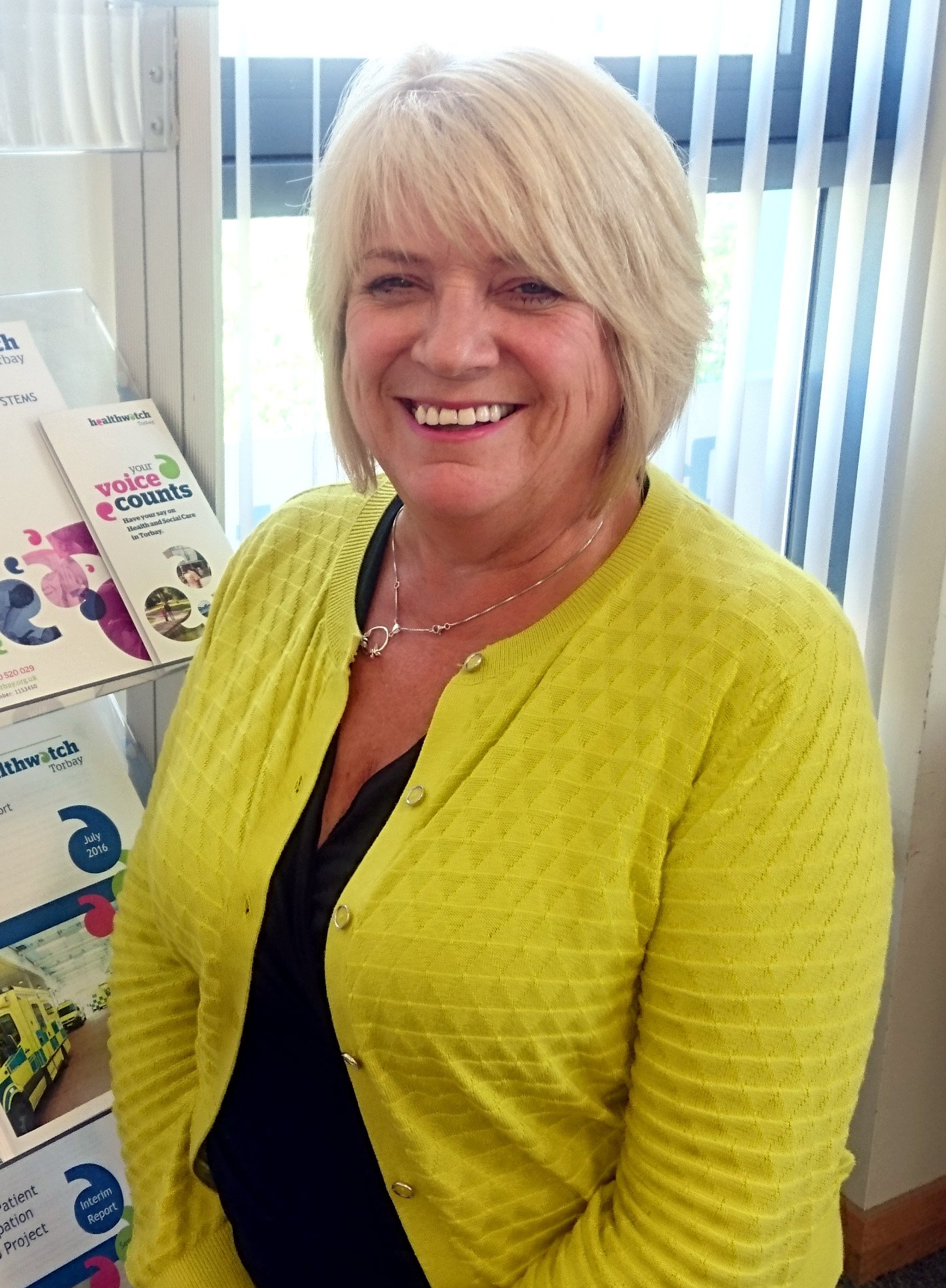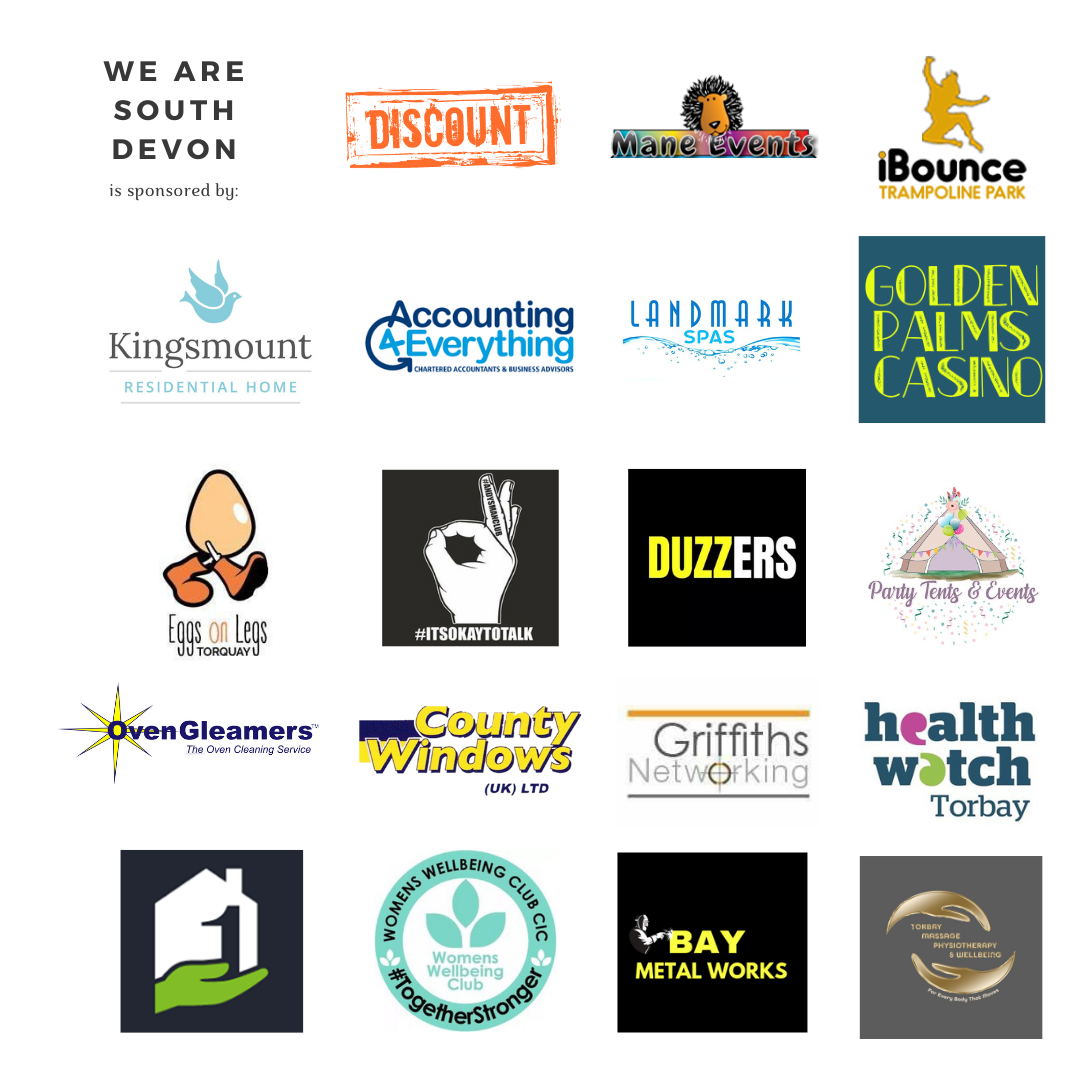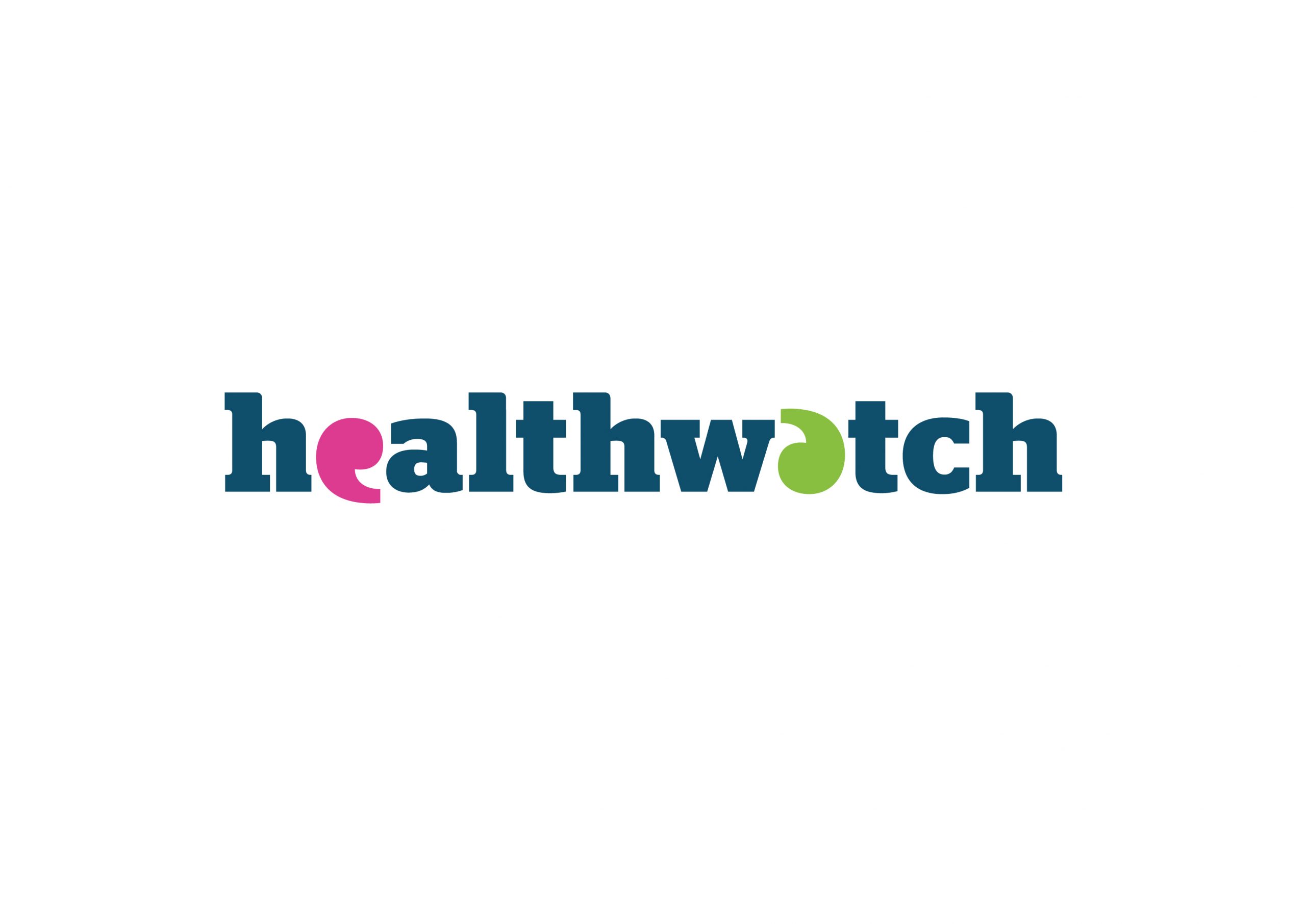People who use NHS 111 in Devon and Somerset have reported ongoing concerns about the quality of the service, with the most common complaints being about long waiting times and difficulty getting through on the phone.
In a new report published today, independent local health and care champion Healthwatch, presents findings from its autumn 2021 survey on people’s experiences of using the 111 service in Devon, Plymouth, Torbay, and Somerset.
The report also compares people’s recent experiences of NHS 111 with public feedback gathered a year ago, concluding that although there is evidence of some progress, there are still aspects of the service that require improvement.
256 people completed the Healthwatch survey in autumn 2021 – 114 were from Devon, 63 from Plymouth, 36 from Torbay, and 37 were from Somerset. While these numbers represent a small proportion of the people who use NHS 111, Healthwatch feels their feedback is significant and should not be overlooked.
Recommendations for improvement
In their January 2021 report, Healthwatch made several recommendations for change and improvement. At that time, Devon Doctors, which provides NHS 111 and other urgent out-of-hours care services in the South West, said that it would use the Healthwatch report to help shape an improvement plan to address public concerns locally.
Devon Doctors also highlighted that some concerns raised by the public relate to procedures that are set nationally by NHS England, such as staffing levels, and the pre-recorded messages and questions asked by call handlers.
The new Healthwatch report reviews progress against earlier recommendations, concluding that improvements are still required in the following areas:
• Reduction of waiting times for arranged call-backs.
• Improvements to call-handling procedures and staff training.
• Reduction of the length and complexity of pre-recorded messages and options for patients before they are connected to a call operator.
• Improvements to the call-logging system to ensure better continuity and communications between NHS 111 and other services.
Pat Harris, Strategic Lead for Healthwatch in Devon, Plymouth and Torbay, explained why they conducted the research: “NHS 111 is a vital service that supports people when they are vulnerable and in need of urgent health care, guidance and support. With essential services facing unprecedented challenges, 111 helps people get the care they need, when they need it, while also helping the NHS manage demand by directing patients to the right service. It is essential, therefore, that the 111 service provides quality and accessible care, consistently, for everyone.
“By asking people about their experiences of using the 111 service, regularly and over time, we have been able to highlight common and continuing areas of concern. Although the number of people who fed back in Somerset was low, their views remain valid and have contributed to the bigger picture. We will make sure that those responsible for NHS 111 in the region and nationally understand what is working well and where change and improvement is needed. Thanks to everyone who shared their views and experiences, your feedback will make a positive difference.”

Responding to the report, the Chief Nurse at Devon Doctors Ltd said: “We would like to thank Healthwatch for its report in relation to patient experiences of the 111 service in Devon and Somerset. It is regrettable that the sample size for the research was so small that the findings are not representative of the populations of either counties…We value all feedback and would encourage patients to continue to feedback about their experiences. “
Key findings:
256 people completed the Healthwatch survey in autumn 2021 (186 people completed the survey in winter 2020.)
Quality of experience:
• Most respondents, 53%, rated their experience of using 111 as “poor” or “very poor”, with only 37% rating their experience as “very good” or “good.” (In the winter 2020 survey, just under one third, 31%, of respondents rated their experience “bad” or “very bad”, and 56% of people rated their experience as ‘very good’ or “good.”)
Difficulty getting through to a call handler
• Long waiting times or difficulty connecting to a call handler were the most common complaints among people who had poor experiences.
• Although 48% of people found it easy to speak to someone or to use the 111 website, approximately one third, 35%, found it “difficult” or “very difficult”. (In the winter 2020 survey, nearly one fifth of respondents, 19%, said they did not find it easy to access 111.)
• 34% of people said they waited longer than three minutes for their call to be answered, and 19% said their call was not answered at all. (In winter 2020, although most people, 76%, said their call was answered in a timely manner, 24% of respondents waited longer than three hours for an arranged call-back, and a fifth, 20%, never received an arranged call-back.)
Action after contacting 111:
• 47% of people said NHS 111 directed them to another service, 32% said they contacted another service themselves after using 111, and 22% said 111 resolved their issue directly. (In the winter 2020 survey, 56% of respondents were passed to another service, 25% contacted another service themselves, and 19% said 111 resolved their needs over the phone.)
• The most common reasons people gave for contacting another service were: inability to access 111 in a timely manner, the patient’s condition worsening or requiring more urgent treatment, and unsatisfactory advice.
Other common complaints
• Other complaints included long automated messages, too many questions, poor communication between services, and call handlers’ lack of medical knowledge or awareness.
Positive feedback:
• The most common positive responses about the service were that 111’s solution was helpful or satisfactory, and the call handlers were sympathetic and polite.
Read the full report online here: `Experiences with the NHS 111 service in Devon, Plymouth, Torbay, and Somerset.
Healthwatch in Somerset, Devon, Plymouth, and Torbay have shared their findings with Devon Doctors and the health and social care regulator, the Care Quality Commission (CQC), to inform their ongoing work to improve the 111 service in the region and nationally.
To feedback about your experiences of health and care services in Devon, Plymouth and Torbay, contact Healthwatch on 0800 520 0640, email info@hwdevon-plymouth-torbay.org or visit: healthwatchdevon.co.uk, healthwatchplymouth.co.uk, or healthwatchtorbay.org.uk

You can join us on our social media pages, follow us on Facebook or Twitter and keep up to date with whats going on in South Devon.
Got a news story, blog or press release that you’d like to share or want to advertise with us? Contact us




























